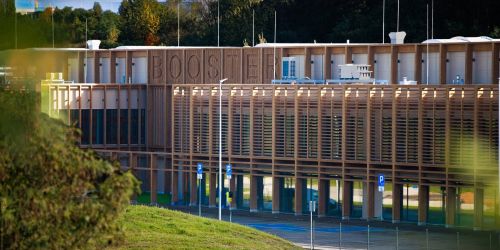The company results for Q2, which will be published in the course of the summer and may reflect good macroeconomic data, could provide an impulse for share price growth in Warsaw. The state of the Polish and global economy could, at the very least, be described as promising, as long as a suitable level of caution is maintained – but investors have become accustomed to doing so over the last six crisis-hit years. Q1 growth in the European Union amounted to 1.4 pct – not a great result, but the forecasts for this and the next year are promising and signify favourable conditions for growth on the stock exchanges. The situation in Poland looks even better – the revival is even more marked, with a GDP growth of 3.4 pct y-o-y, which is being driven by the internal demand, including strong investment growth – the most crucial growth factor from the point of view of the economy (growing by 10.7 pct y-o-y). The construction industry is also experiencing a boom. According

























































